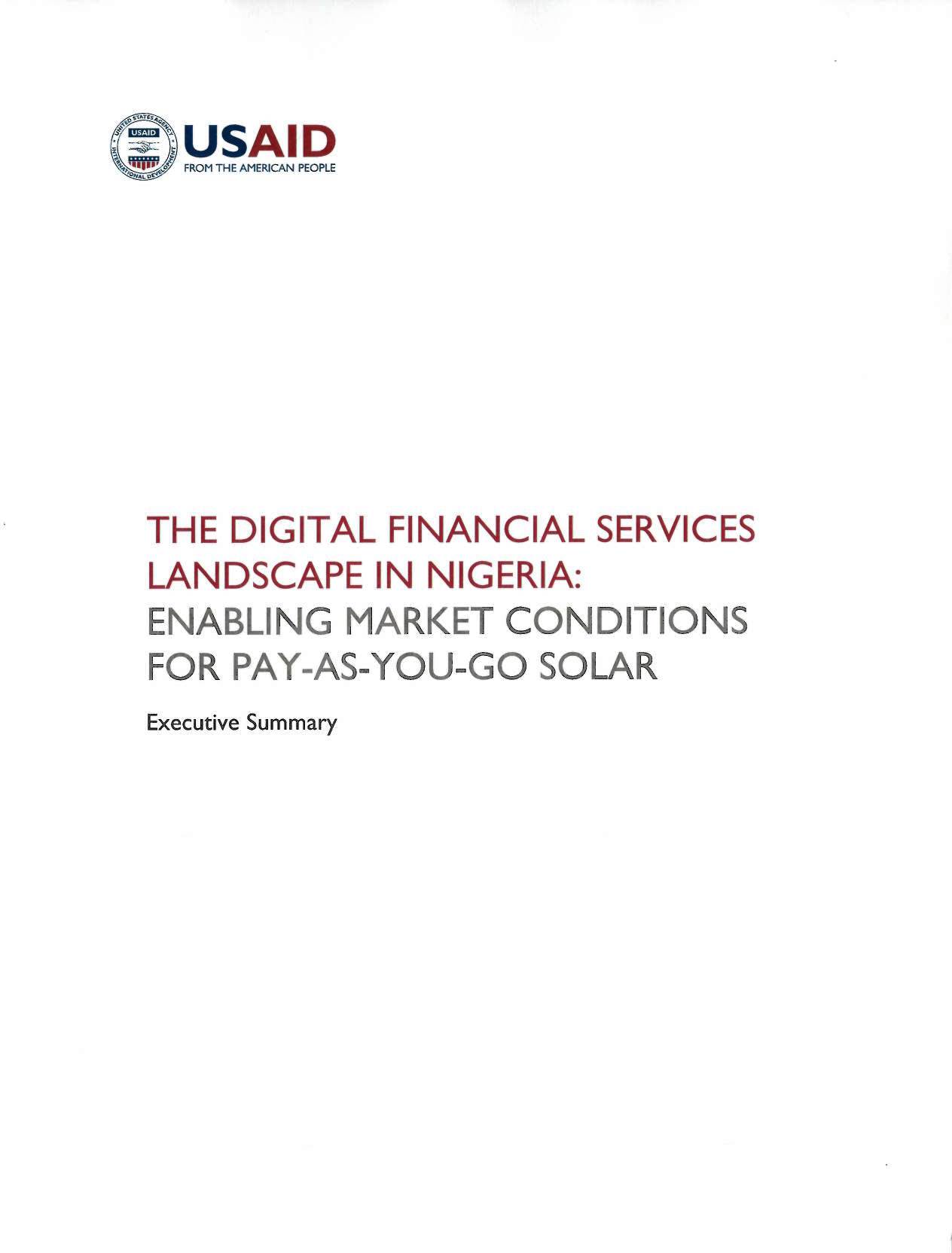Speeches Shim
Nigeria has long been an economic heavyweight in sub-Saharan Africa. While the economy’s growth has been relatively consistent over the past decade, the country continues to struggle with severe energy poverty. Despite the fact that the country’s oil reserves have provided the economy’s initial foundation, more than 75 million Nigerians currently live without reliable electricity access.
The existing electrical grid is unstable and fails to reach beyond the urban population, forcing Nigerian households to rely on small scale generators for primary or back-up power. The costs are staggering. Households and businesses spend almost $14 billion a year on inefficient electricity generation that is often unreliable, noisy, polluting, and expensive ($0.40/kWh or more).
This represents an incredible business opportunity. The Nigerian off-grid energy sector is worth a projected $9.2 billion a year, which could save Nigerian homes and businesses more than $4.4 billion per year.”
The promising pay-as-you-go solar solutions that are delivering affordable electricity across East Africa have largely eluded Nigeria to date. Few rural Nigerians have mobile money accounts, restricting solar companies to cash sales and subsequently limited customer bases. This is largely due to stringent laws limiting digital financial services, which means that flexible payment plans are largely not feasible.
Without the basic infrastructure of streamlined digital payments, solar companies and other national industries are missing out on a critical market opportunity to contribute to Nigeria’s growing economy and to the government’s target of universal energy access. The International Monetary Fund estimates that a transition to digital payments, specifically mobile wallets, could save the Nigerian government between USD $5 to $9 billion annually, while greatly increasing financial inclusion.


Comment
Make a general inquiry or suggest an improvement.